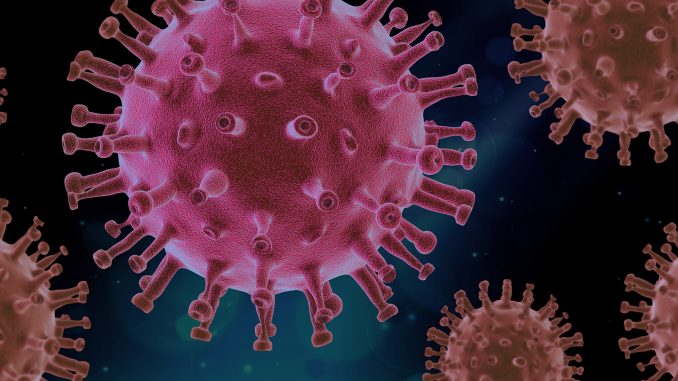
Since being initially reported in South Africa, data about the new Omicron COVID-19 variant is now beginning to give researchers a clearer understanding of the symptoms and risks.
According to reports from the World Health Organization (WHO), the new variant is considered a “variant of concern and is likely to spread further, posing a “very high” global risk.
Here’s everything we know about the new variant so far:
Does the Omicron variant have milder symptoms?
In reports released earlier in the month by the South African Medical Research Council, it was noted that the new strain could cause a milder infection than other variants.
However, the researchers warned that, as Omicron was only identified in the last few weeks, it’s still too early to know if there is a greater risk of hospitalization, serious illness, or death.
In addition to this, the reports show that a higher number of young people appear to be admitted to hospitals with Omicron infections than with previous variants – although this could be down to the low rates of vaccination in younger age groups in South Africa.
It also found that most of the patients didn’t require oxygen after being admitted to hospitals, and many of the cases were “incidental” and the patients were admitted for other reasons.
One of the researchers, Dr. Angelique Coetzee, said that most cases can be treated at home and the symptoms are typically mild.
She added that the most common symptoms appear to be tiredness, body aches, mild headaches, and a scratchy throat, and most patients aren’t reporting a loss of taste or smell.
Does vaccination protect against the Omicron variant?
As with previous variants, a key concern is whether the COVID-19 vaccines protect against Omicron. In a study by Discovery Health in South Africa, researchers found that the vaccine has around 70% protection against hospitalization for those infected with the Omicron variant.
Scientists are now watching the new variant closely, especially when it comes to concerns over the spike protein mutations that could make this variant more resistant to vaccines.
“Depending on these characteristics, there could be future surges of Covid-19, which could have severe consequences, depending on a number of factors including where surges may take place. The overall global risk related to the new VOC [variant of concern] Omicron is assessed as very high,” the WHO said.


Leave a Reply